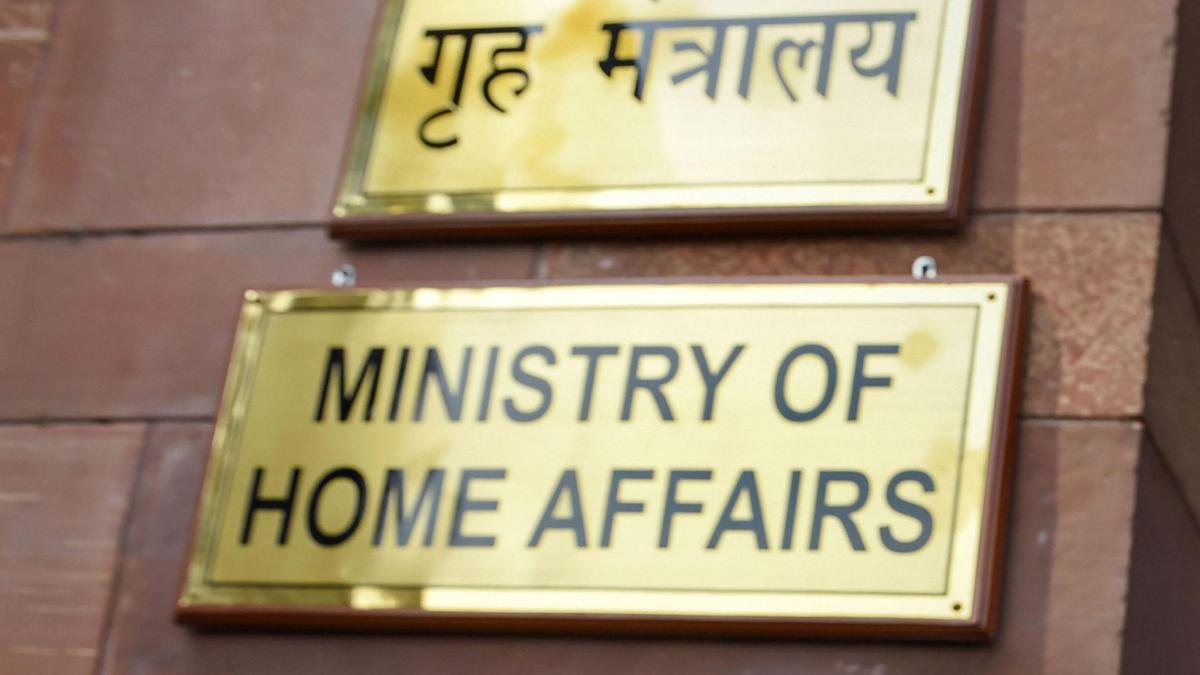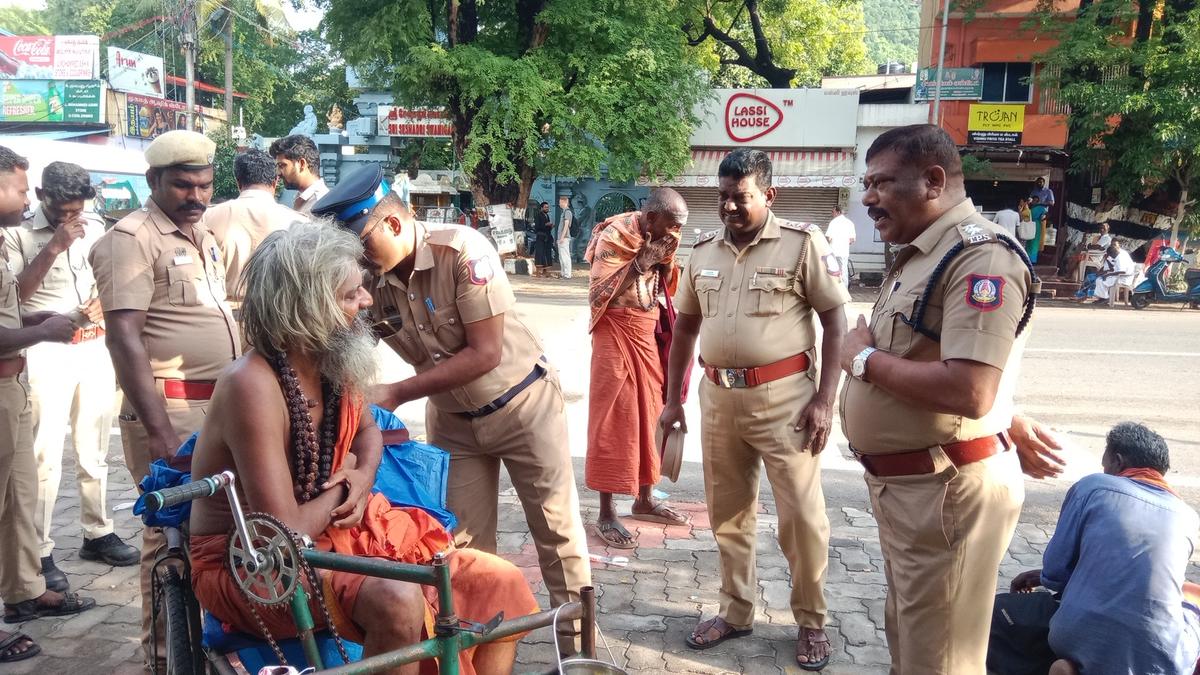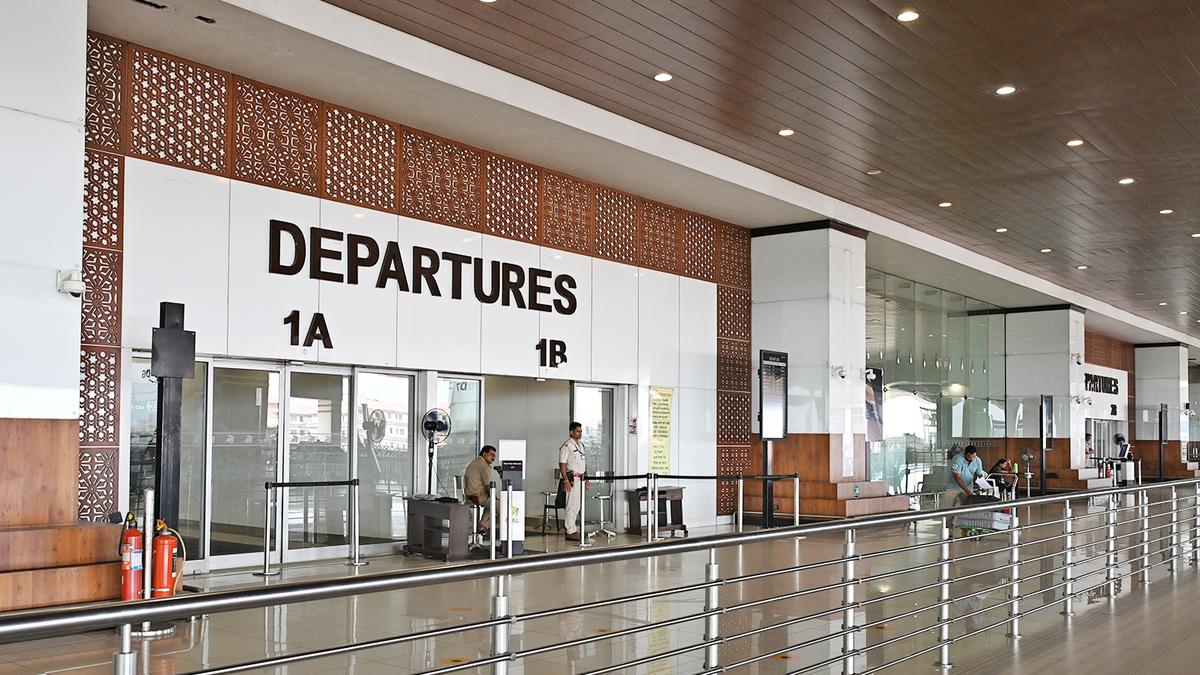Now Reading: Home Ministry: Citizenship Act Allows Issuance of National Identity Cards
-
01
Home Ministry: Citizenship Act Allows Issuance of National Identity Cards
Home Ministry: Citizenship Act Allows Issuance of National Identity Cards

Rapid Summary
- The Ministry of Home Affairs informed the Lok Sabha that the Citizenship Act, 1955 mandates compulsory registration of every Indian citizen and issuance of National Identity Cards.
- Minister of State for Home, Bandi Sanjay Kumar, explained that these identity cards can only be issued too citizens listed in the National Register of Citizens (NRC).
- Currently,Assam is the only state where NRC has been undertaken. the final NRC register is pending due to a legal challenge regarding its 2019 draft excluding 19 lakh residents out of 3.29 crore applicants.
- No decision has been made by the government to update the National Population Register (NPR) during Census 2027. NPR data was initially compiled in 2010 and updated in 2015-16 with details from over 119 crore residents.
- Protests against NRC and Citizenship Amendment Act (CAA) erupted in various parts of india during 2019-20, leading to violence and fatalities; currently, no plans exist for an NRC at a national level.
- The BJP excluded mention of NRC in its manifesto for upcoming general elections despite featuring it prominently in their previous campaign promises.
Indian Opinion Analysis
The recent clarifications by the Ministry highlight ongoing complexities surrounding citizenship documentation-particularly through mechanisms like the NRC and NPR. While legal provisions under The Citizenship Act, 1955 allow such initiatives nationwide, their partial implementation confined to Assam underscores challenges such as operational hurdles and contentious exclusions from citizen registers.
Protests related to CAA-NRC signified deep societal divisions on citizenship issues tied closely to identity politics; this context likely informs why national-level plans remain stalled today.Meanwhile, BJP’s decision not to include NRC within its election agenda marks a significant shift amid public debate over feasibility versus political fallout.
A continued absence of decisions on NPR updates or nationwide rollout reflects practical considerations-balancing governance priorities with sensitivities toward public reception around citizenship systems.This careful positioning suggests further dialog would be essential before progressing on this issue.























